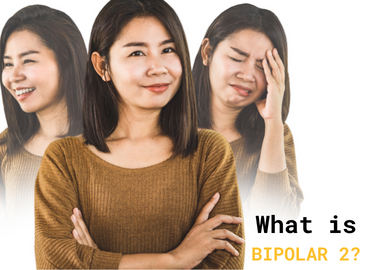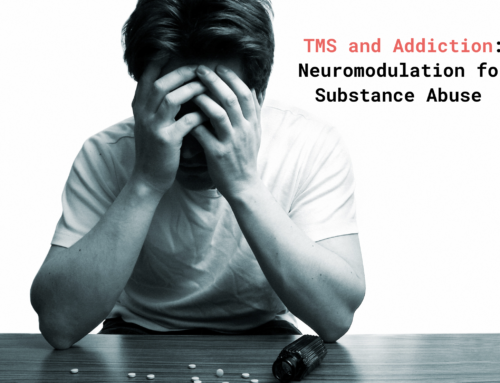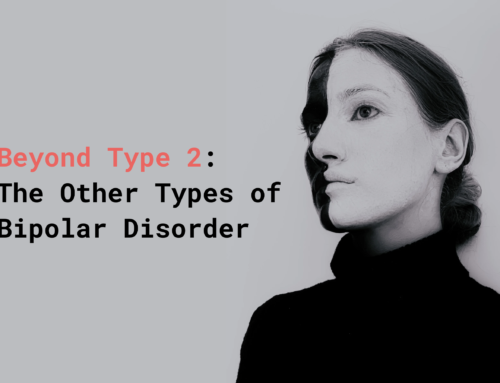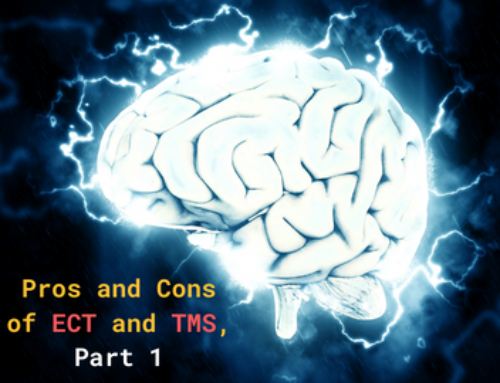What is Bipolar 2?
Bipolar disorder is something some of our patients struggle with every day. We don’t know for sure what the cause is, but some of the issues connected to bipolar disorder are a family history of mental illness, a history of trauma, or unusual brain structures. The usual age of onset is one’s mid-twenties, but bipolar disorder has been known to manifest in children. There is no connection to one’s sex. According to the National Alliance on Mental Illness, about 2.8% of the population of the United States is diagnosed with bipolar disorder and of those, about 83% of cases are considered severe. These are alarming numbers, as these only cover those who are formally diagnosed. We feel comfortable assuming that there are many more who will not be diagnosed but will suffer the effects of bipolar disorder of any kind.
How is Bipolar 2 different from Bipolar 1? In general, Bipolar 1 is characterized with severe and lasting episodes of mania and shorter, less severe periods of depression. Bipolar 2 is characterized with periods of less severe mania, called hypomania, that usually do not last as long. With Bipolar 2, the depressive periods can be longer and more severe. Something particularly insidious about Bipolar 2 is that sufferers often have a hard time returning to their usual functioning level after a depressive episode, and this difficulty returning to “normal” can last longer over time.
These are some classic symptoms of Bipolar 2:
− At least one hypomanic episode, but no mania
− No delusions or hallucinations in the hypomania phases
− Bipolar 2 always comes with depressive episodes
− Fatigue and sleeping too much
− Changes in appetite and weight
− Feelings of shame
− Feelings of despair
− Difficulty focusing
− Suicidal ideation
− Lack of interest in daily activities and/or hobbies
− Withdrawal from other people
Both manic and depressive episodes negatively impact a person’s quality of life. A mere inconvenience one day can be a life-ruiner the next. Bipolar disorder has affected many a relationship, a job, an inner life. If we can help a patient reach a happier place in life, we will do all we can to accomplish that. Contact us on our website or call (585) 442-6960 with more questions or to schedule an appointment.





